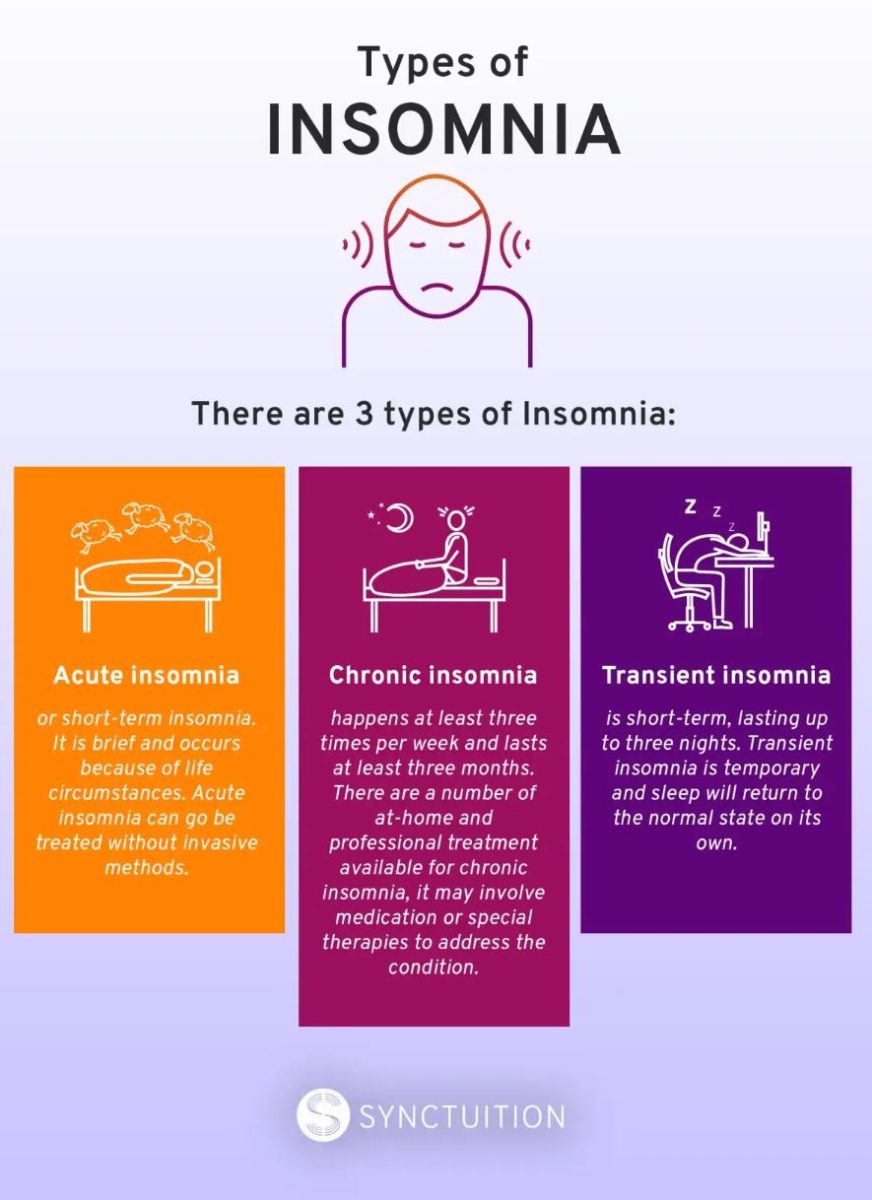I en verden der hvert eneste blad, hver eneste rot og urt kapsles inn, tappes på flasker og markedsføres med løfter om en sunnere fremtid, skiller Aswhagandha seg ut. Aswhagandha er ikke bare nok et navn i de overfylte gangene i helsebutikkene; det er en historie, en arv og en erfaring som går flere tusen år tilbake i tid.
Hvorfor er det så stor interesse for Ashwagandha i det siste? Det er mer enn bare en rot med en rekke helsefordeler. Ashwagandha blir stadig mer anerkjent for sine kraftige effekter på velværet. Den er ikke bare kjent for å forbedre søvnkvaliteten og redusere stress, men også for å bidra til å balansere hormoner. Disse fordelene er imidlertid bare en liten del av hva Ashwagandha har å by på.
Visste du at Ashwagandha, en urt som er høyt aktet i ayurvedisk medisin, har en over 3000 år gammel historie? Interessant fakta: Navnet "Ashwagandha" betyr bokstavelig talt "lukten av hest" på sanskrit, og henspiller på den unike aromaen og troen på at den gir styrke og kraft som en hest.
Denne rike historien og de kraftige stressreduserende egenskapene er nettopp grunnen til at vi har tatt den med i Ashwagandha Plus.
Når vi tar fatt på utforskningen av Ashwagandha, gjør vi mye mer enn bare å studere en urt. Vi beveger oss inn i en verden der eldgammel kunnskap fra urtetradisjoner sømløst flettes sammen med moderne vitenskapelig forskning.
Gjør deg klar til et spennende eventyr. Vi går ikke tilbake i historien for å forstå den tradisjonelle bruken av Ashwagandha, men dykker ned i aktuelle vitenskapelige studier som avdekker hvorfor Ashwagandha er så høyt verdsatt både i gamle velværemetoder og i moderne medisin. Denne utforskningen handler ikke bare om å avdekke de terapeutiske egenskapene til denne urten, men også om å forstå hvordan den samhandler med kroppen vår for å fremme helbredelse og balanse.

I nattens stille timer, når verden sover, er en betydelig del av befolkningen fanget i søvnløshetens frustrerende og utmattende grep.

Søvnløshet er ikke bare en liten ulempe, men en alvorlig søvnforstyrrelse som rammer millioner av mennesker verden over. De som lider av insomni, har problemer med å finne roen i søvnen og opplever ofte ujevn og avbrutt søvn. Mangelen på god søvnkvalitet kan eskalere til mer alvorlige helseproblemer, blant annet økt risiko for angst og depresjon, og kan til og med påvirke den fysiske helsen og føre til sykdommer som hjertesykdom og overvekt.
Vanlige behandlinger for søvnløshet, som medisiner og psykoterapi, har sine begrensninger. Medisiner kan føre til bivirkninger som døsighet på dagtid og kan skape avhengighet over tid. Selv om psykoterapi er effektivt, er det ikke alltid like lett tilgjengelig, og mangelen på terapeuter med opplæring i kognitiv atferdsterapi for insomni (CBT-I) gjør at mange står uten dette gunstige behandlingsalternativet.
I lys av disse utfordringene rettes fokuset nå mot naturlige, alternative løsninger. Ashwagandha, en anerkjent urt med røtter i ayurvedisk medisin, får stadig mer oppmerksomhet som en lovende løsning. Ashwagandha er kjent for sine stressdempende egenskaper og tilbyr en helhetlig tilnærming til behandling av søvnløshet, ikke bare ved å hjelpe til med å sove, men også ved å redusere underliggende stress og angst som ofte bidrar til søvnforstyrrelser.
Nylig ble det gjennomført en omfattende studie der man så nærmere på hvordan Ashwagandha påvirker søvn og angst. Denne veldesignede studien, som var dobbeltblind og placebokontrollert, varte i åtte uker og omfattet 80 personer. Gruppen var en blanding av friske personer og personer som led av søvnløshet.
Forskerne brukte aktigrafi, som er en høyteknologisk måte å overvåke søvnen på. Denne metoden gjorde det mulig for dem å følge nøye med på hvordan søvnmønsteret endrer seg, og ga tydelig innsikt i effekten av Ashwagandha.
Resultatene av studien var ganske imponerende. Både de som var generelt friske, og de som slet med søvnløshet, opplevde store forbedringer i søvnen etter inntak av Ashwagandha-rotekstrakt. De med søvnløshet opplevde enda mer bemerkelsesverdige endringer.
Studien tok for seg ulike søvnparametere som hvor lang tid det tok å sovne, søvnkvalitet, total søvntid og hvor ofte deltakerne våknet etter å ha sovnet. Resultatene av studien var slående. Uavhengig av deres opprinnelige søvnforhold opplevde deltakerne betydelige forbedringer etter inntak av Ashwagandha-rotekstrakt. I tillegg rapporterte deltakerne om lavere angstnivåer, målt med Hamilton Anxiety Scale, og de opplevde bedre mental årvåkenhet og søvnkvalitet.
Denne studien viser at Ashwagandha ikke bare er et gammelt middel, men at det har reelle, målbare fordeler når det gjelder å forbedre søvnen og redusere angst.
I lys av disse funnene fremstår Ashwagandha ikke bare som en urt, men som en kilde til nytt håp. Den viser hvordan naturen virkelig kan bidra til å helbrede og forbedre livene våre. Alle de positive endringene i søvnmønsteret og reduksjonene i angst som ble rapportert i studien, understreker den reelle effekten ashwagandha kan ha på søvnkvaliteten og det generelle velværet.
Etter hvert som vi fortsetter å utforske og forstå Ashwagandha gjennom pågående forskning, blir én ting stadig tydeligere: I vår kamp mot søvnløse netter og angst er Ashwagandha en naturlig og håpefull løsning. Denne urten er en bemerkelsesverdig blanding av gamle tradisjoner og vitenskapelig kunnskap, noe som beviser dens verdi for moderne velvære.

I dagens hektiske verden har stress og angst blitt en stille følgesvenn i hverdagen. Hele 70 % av alle voksne i USA sliter daglig med disse usynlige, men sterke kreftene. Stress er en naturlig reaksjon på livets utfordringer og krav, men når det blir kronisk, kan det ødelegge både psykisk og fysisk helse. Med dette som bakteppe øker jakten på effektive og naturlige midler mot stress, og ashwagandha fremstår som en lovende alliert.
Ashwagandha har lenge vært hyllet i tradisjonell medisin, og nyere vitenskapelige studier har begynt å avdekke hvorfor. En viktig studie fokuserte på voksne med mild angst og fant at et ashwagandha-ekstrakt kalt Shoden ga en betydelig bedring av det emosjonelle velværet. Denne forbedringen ble målt ved hjelp av Hamilton Anxiety Rating Scale, og viste en betydelig reduksjon i angstnivået blant deltakerne. Disse funnene understreker ashwagandhas potensial til å bidra til effektiv stressmestring.
Studien avdekket noe annet interessant: Deltakerne som tok ashwagandha, hadde lavere nivåer av kortisol og DHEA-S om morgenen. Disse hormonene er nært knyttet til hvordan kroppen vår reagerer på stress. Nedgangen i disse hormonnivåene tyder på at ashwagandha kan bidra til å balansere hormonsystemet vårt, noe som er avgjørende for å håndtere stress og angst. Det finnes også indikasjoner på at ashwagandha kan bidra til å øke testosteronnivået hos menn, noe som bidrar til ashwagandhas mange fordeler.
Tallene fra studien er ganske imponerende. Angstnivået hos dem som tok ashwagandha, gikk ned med 41 %, sammenlignet med en reduksjon på 24 % i gruppen som tok placebo. Selv om det ble observert endringer i depresjons- og stressymptomer, var de ikke like statistisk signifikante. Ikke desto mindre underbygger disse resultatene ashwagandhas økende rykte som et effektivt middel mot stress.
Du lurer kanskje på hvordan Ashwagandha kan bidra til å håndtere stress? For å forstå dette må vi se på en del av kroppen vår som kalles hypothalamus-hypofyse-binyre-aksen (HPA-aksen). Tenk på HPA-aksen som en kommandosentral som styrer hvordan kroppen din reagerer på stress. Når du er stresset, aktiveres denne aksen og frigjør visse hormoner som kortisol, ofte kalt "stresshormonet".
Det Ashwagandha gjør er ganske fascinerende. Det ser ut til å ha en regulerende effekt på HPA-aksen. Ved å påvirke dette kommandosenteret kan Ashwagandha bidra til å balansere frigjøringen av stresshormoner i kroppen. I stedet for at kroppen går inn i en full stressrespons med høye kortisolnivåer, bidrar Ashwagandha til å holde situasjonen mer balansert og kontrollert. Dette kan føre til en reduksjon i den generelle følelsen av stress og angst.
Enkelt sagt fungerer Ashwagandha som en moderator i kroppen, og sørger for at responsen på stress ikke blir for intens eller overveldende. Denne naturlige modereringen kan føre til en roligere sinnstilstand og en mer balansert følelsesmessig tilstand. Det er som å ha en innebygd stressmanager som hjelper kroppen din til å reagere mer rolig og effektivt på stressende situasjoner.
Denne forståelsen av Ashwagandhas rolle i stresshåndtering er noe av det som gjør denne urten så spesiell. Det handler ikke bare om å dempe symptomer, men om å hjelpe kroppen til å håndtere stress på en mer naturlig og balansert måte.
En annen studie med 60 frivillige bekreftet de positive resultatene. I ashwagandha-gruppen ble det registrert en reduksjon på 41 % i angstnivået og en forbedring på 30 % i depressive symptomer, angst og stress. Urten hadde også en positiv effekt på hormonnivået, med en betydelig reduksjon i kortisolnivået om morgenen og en positiv trend i testosteronnivået.
Ashwagandha har vist seg å være et naturlig og trygt alternativ for mange, og gir vanligvis minimale bivirkninger. For dem som sliter med stress og angst, er det et lyspunkt som gir en skånsom, men effektiv måte å håndtere disse utfordringene på. Den pågående vitenskapelige forskningen på Ashwagandha avdekker fortsatt nye aspekter ved virkningen, men de resultatene vi har så langt, er ikke bare oppmuntrende; de tyder også på at Ashwagandha kan spille en viktig rolle i moderne tilnærminger til helse og velvære.
Etter hvert som vi lærer mer om denne eldgamle urten, blir dens plass i en verden av naturlige helseløsninger stadig tydeligere. Ashwagandhas reise fra tradisjonell medisin til moderne velvære er et bevis på dens varige verdi og potensial.

Denne utforskningen er bare begynnelsen. I den kommende andre delen av serien vår vil vi gå dypere inn i ashwagandhas innvirkning på skjoldbruskkjertelfunksjonen, hormoner og mye mer. Bli med oss når vi fortsetter å avdekke mysteriene og feire de vitenskapelig underbygde fordelene med denne eldgamle, ærverdige roten. Din reise mot å forstå de helhetlige og omfattende fordelene med ashwagandha er i ferd med å bli enda mer spennende!

Copyright 2024 © Mountaindrop. Alle rettigheter forbeholdt. Drevet av EOSNET










Cindy Trump sier:
Jeg har bestilt shilajit med ashwaganda og gleder meg til å se hvordan det hjelper med søvn, energi på dagtid og kognitive funksjoner. Jeg er 60 og trenger litt naturlig hjelp på alle disse områdene. Jeg skal legge ut igjen når jeg har prøvd det. Jeg gjorde undersøkelser for å finne en kilde jeg stoler på. Takk Mountain Drop!
Fjelldråpe sier:
Takk Cindy, det setter jeg pris på!